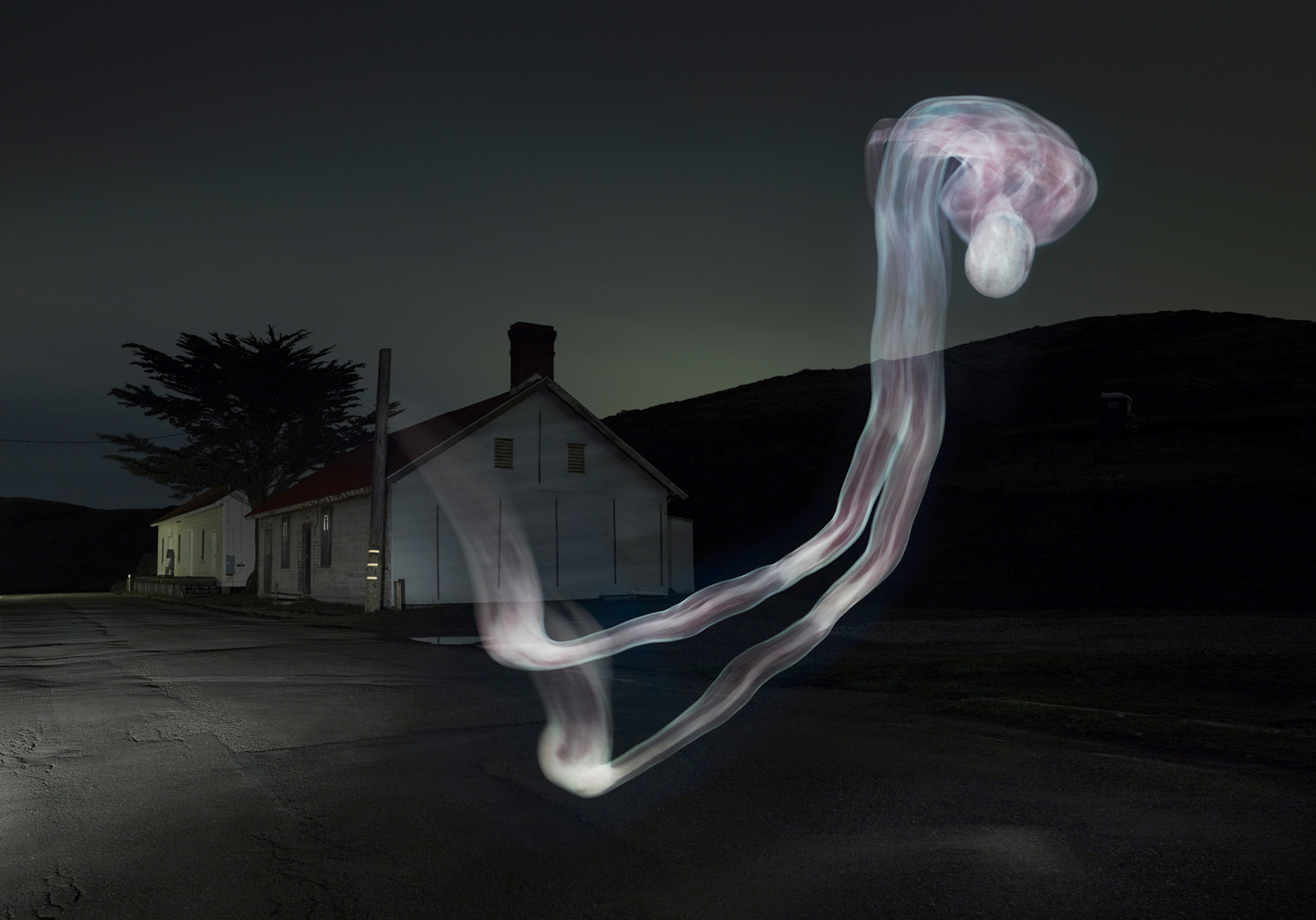
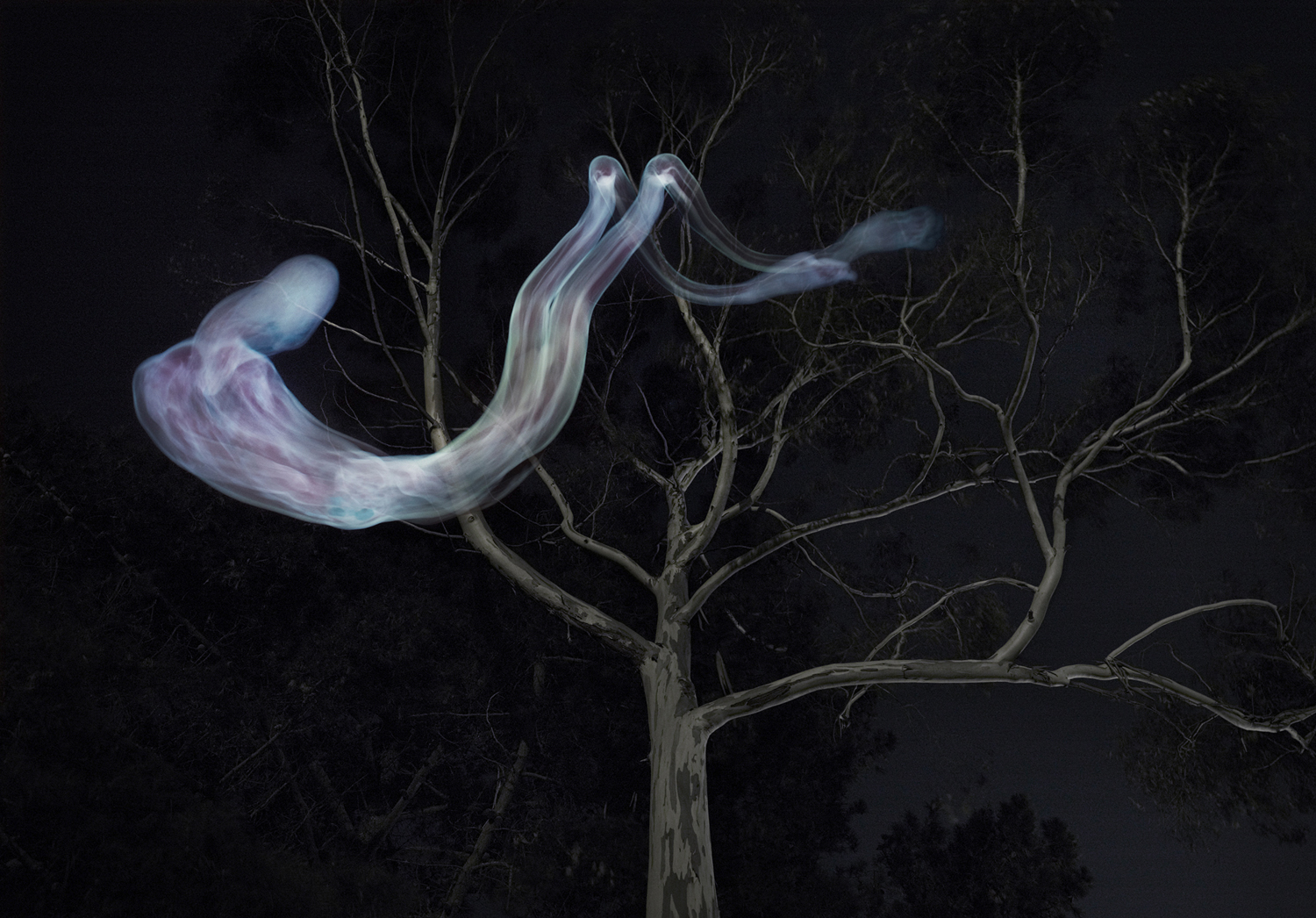
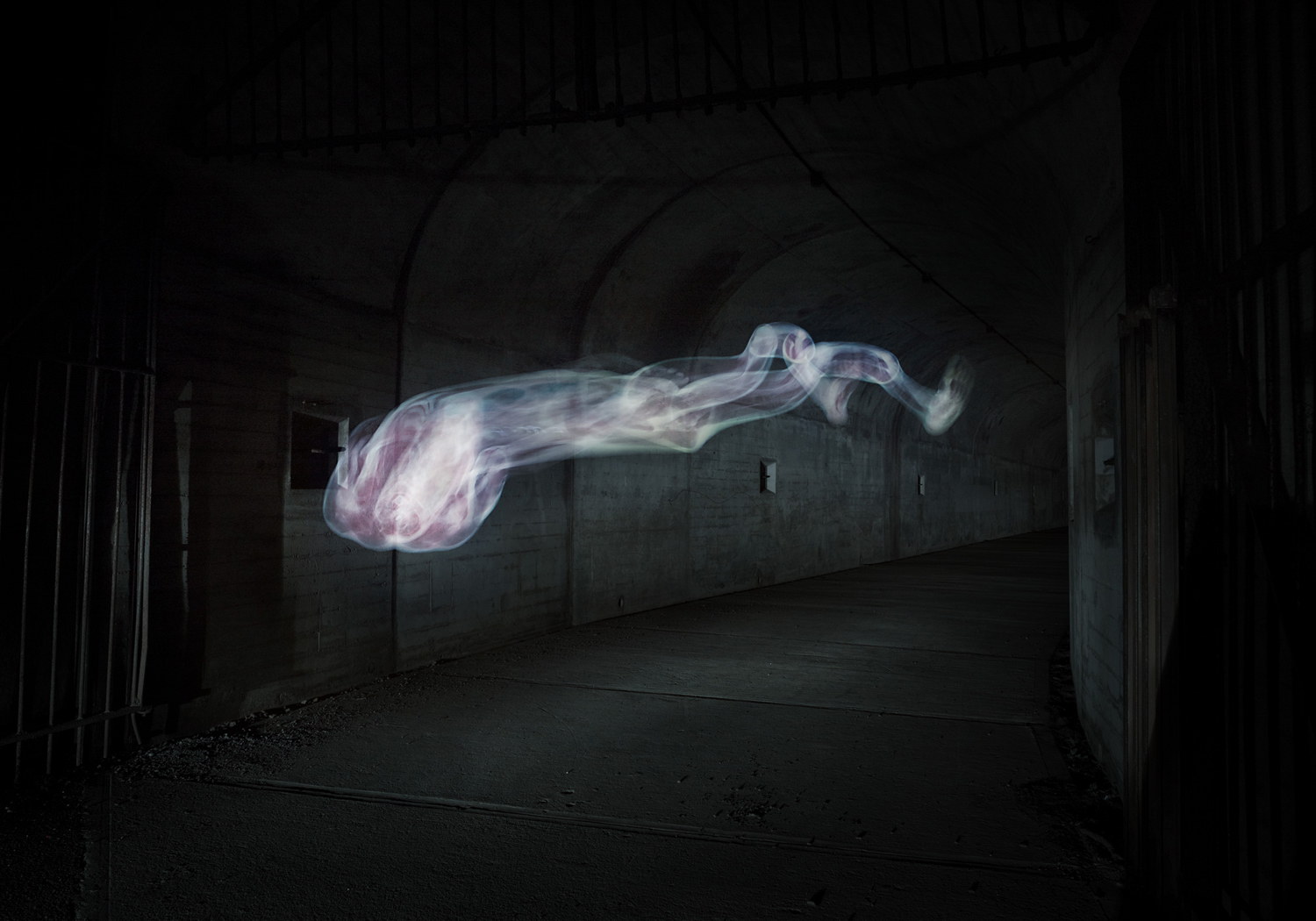
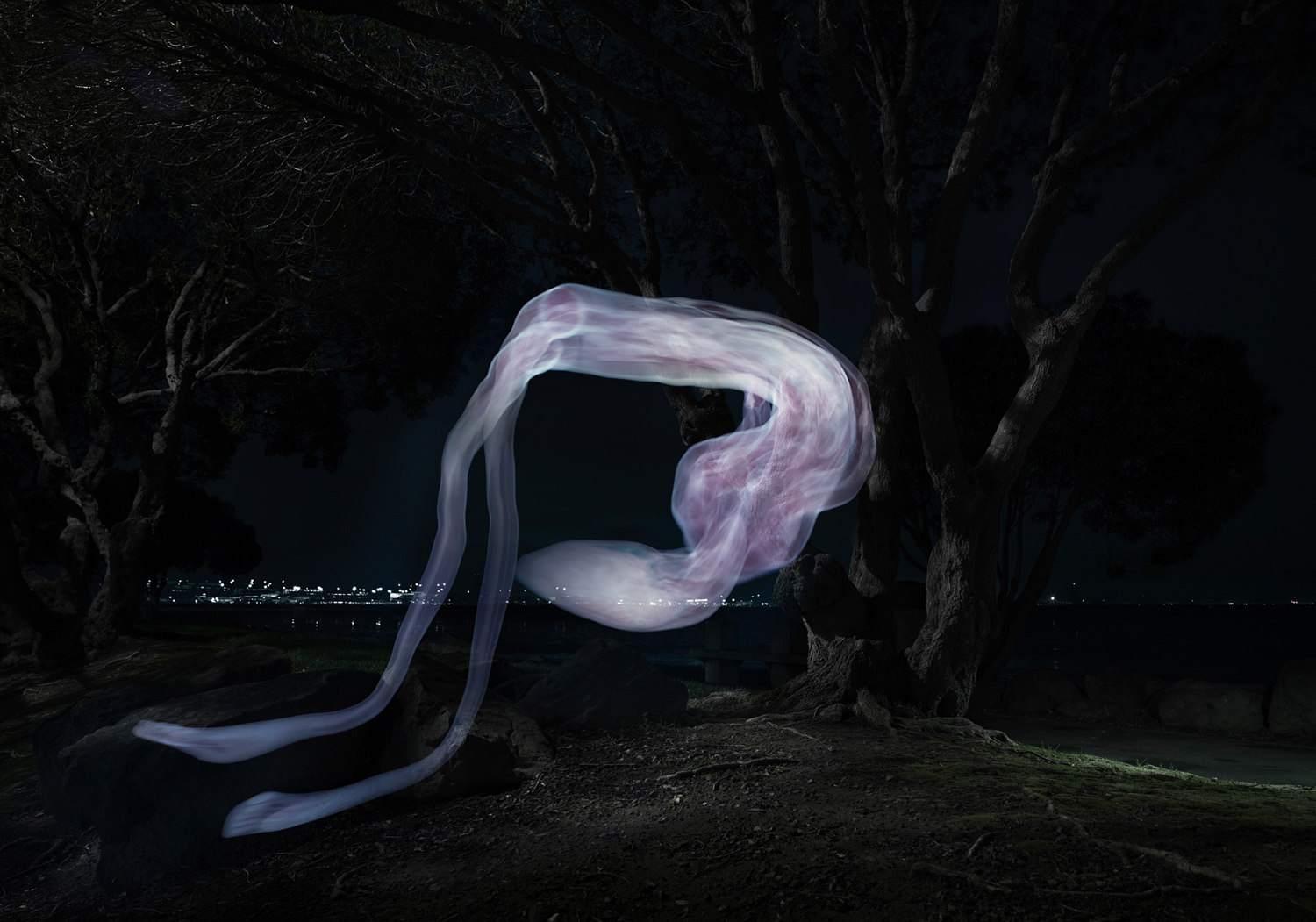
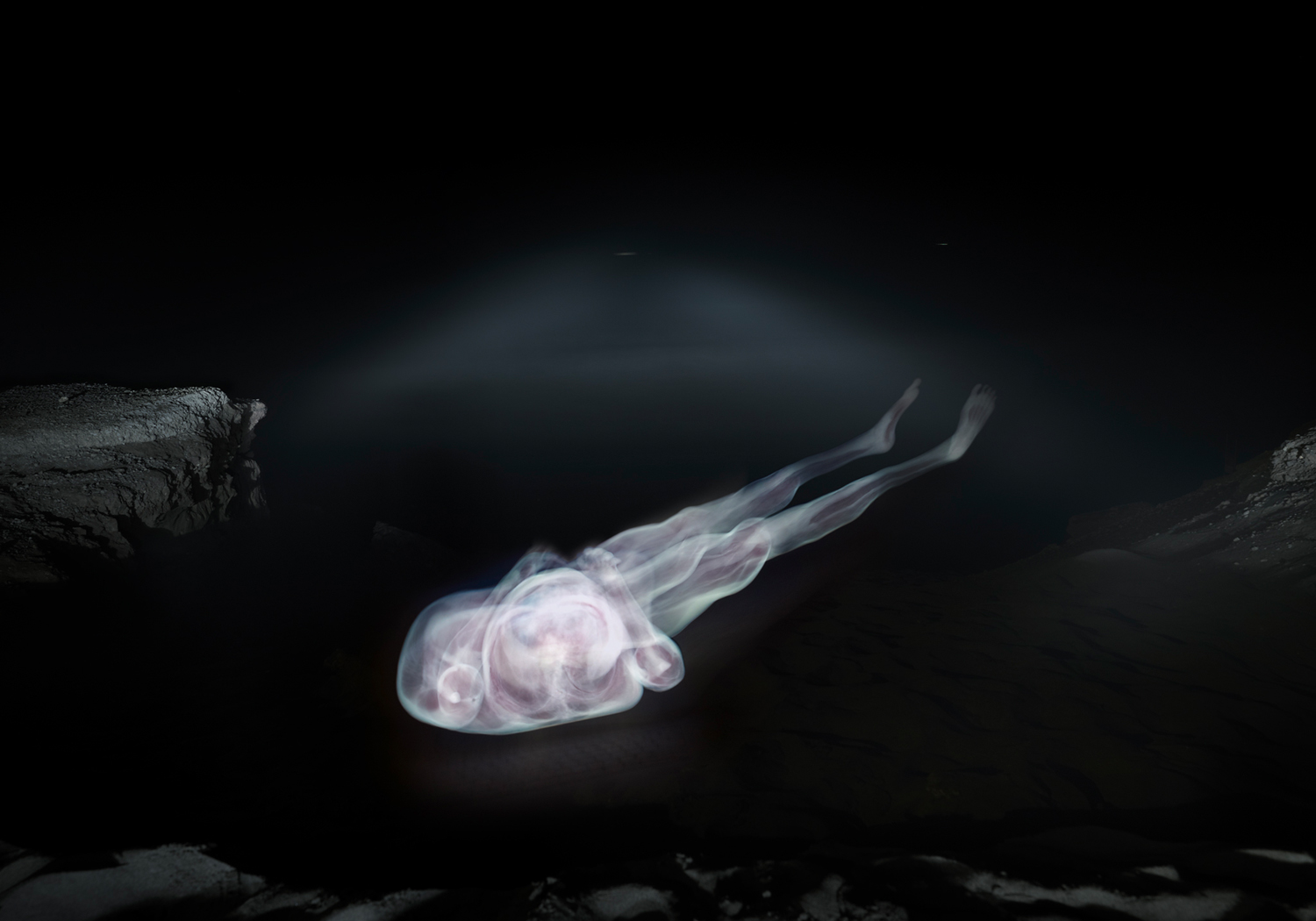
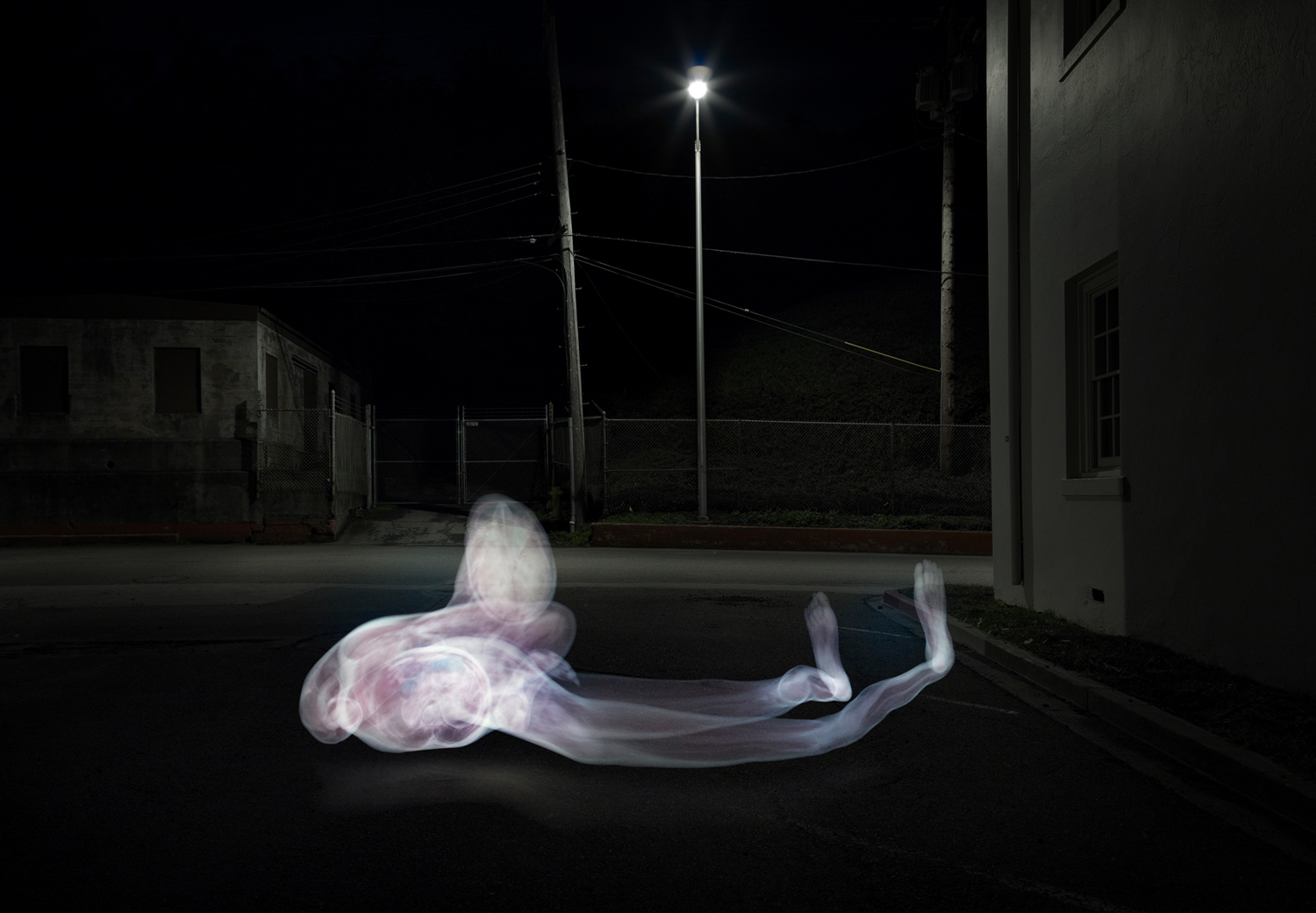
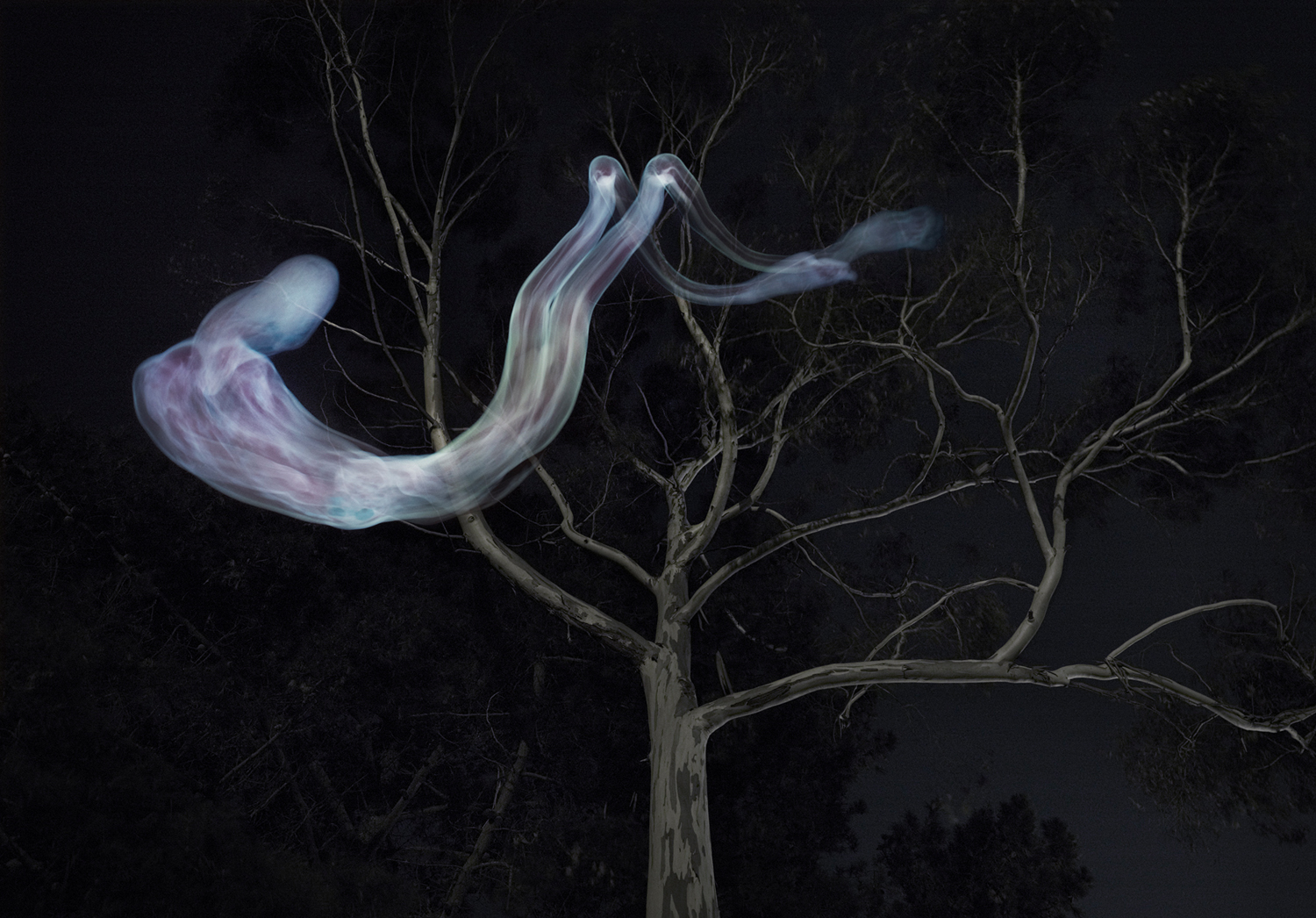
Background
Joseph Paul Jernigan (January 31, 1954 - August 5, 1993) was a Texas murderer who was executed by lethal injection at 12:31 a.m.
In 1981, Jernigan was sentenced to death for stabbing and shooting 75-year-old Edward Hale, who discovered him stealing a microwave oven. Jernigan spent 12 years in prison before his final plea for clemency was denied. His cadaver was sectioned and photographed for the Visible Human Project at the University of Colorado's Health Sciences Center.
Concerns
At the prompting of a prison chaplain Jernigan had agreed to donate his body for scientific research or medical use, without knowing about the Visible Human Project. Some people have voiced ethical concerns over this. One of the most notable statements came from the University of Vienna which demanded that the images be withdrawn with reference to the point that the medical profession should have no association with executions, and that the donor's informed consent could be scrutinized.
Visible Human Project
The Visible Human Project is an effort to create a detailed data set of cross-sectional photographs of the human body, in order to facilitate anatomy visualization applications. Jernigan's cadaver was encased and frozen in a gelatin and water mixture in order to stabilize the specimen for cutting. The specimen was then cut in the axial plane at 1 millimeter intervals. Each of the resulting 1,871 slices were photographed in both analog and digital, yielding more than 65 gigabytes of data.
Project 12:31
creative collaboration with Croix Gagnon (art direction] and Blinklab [digital retouching]
